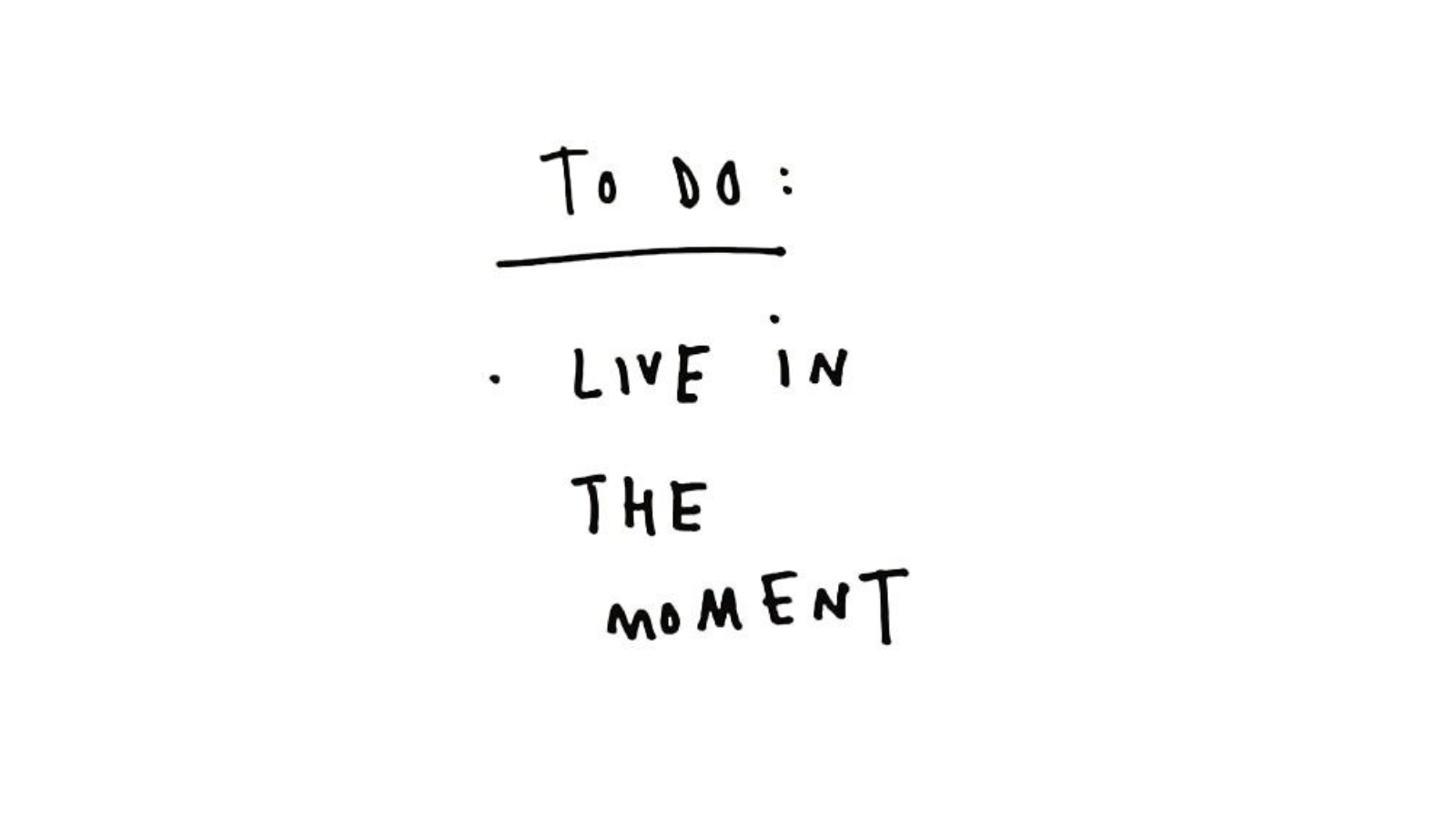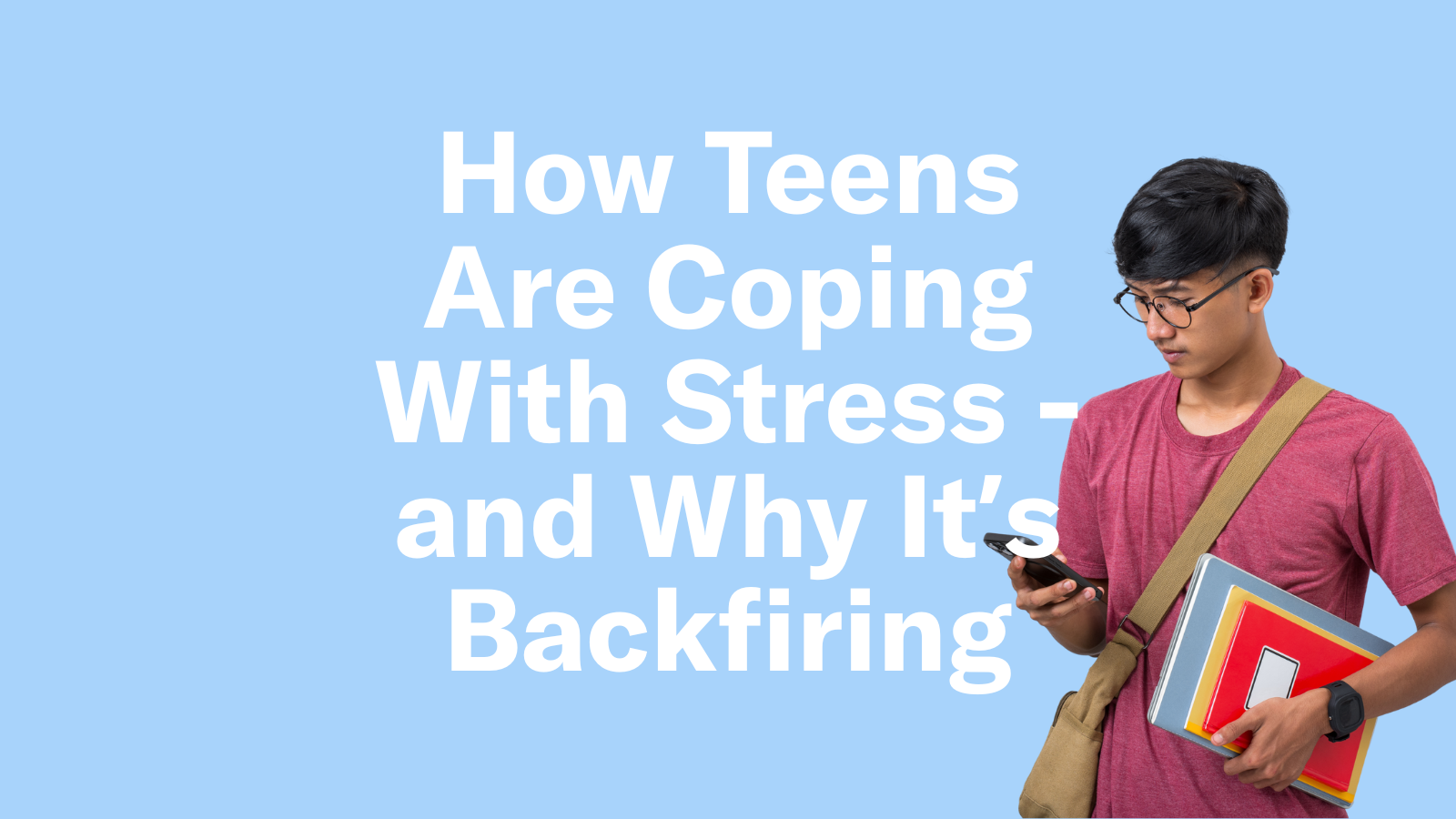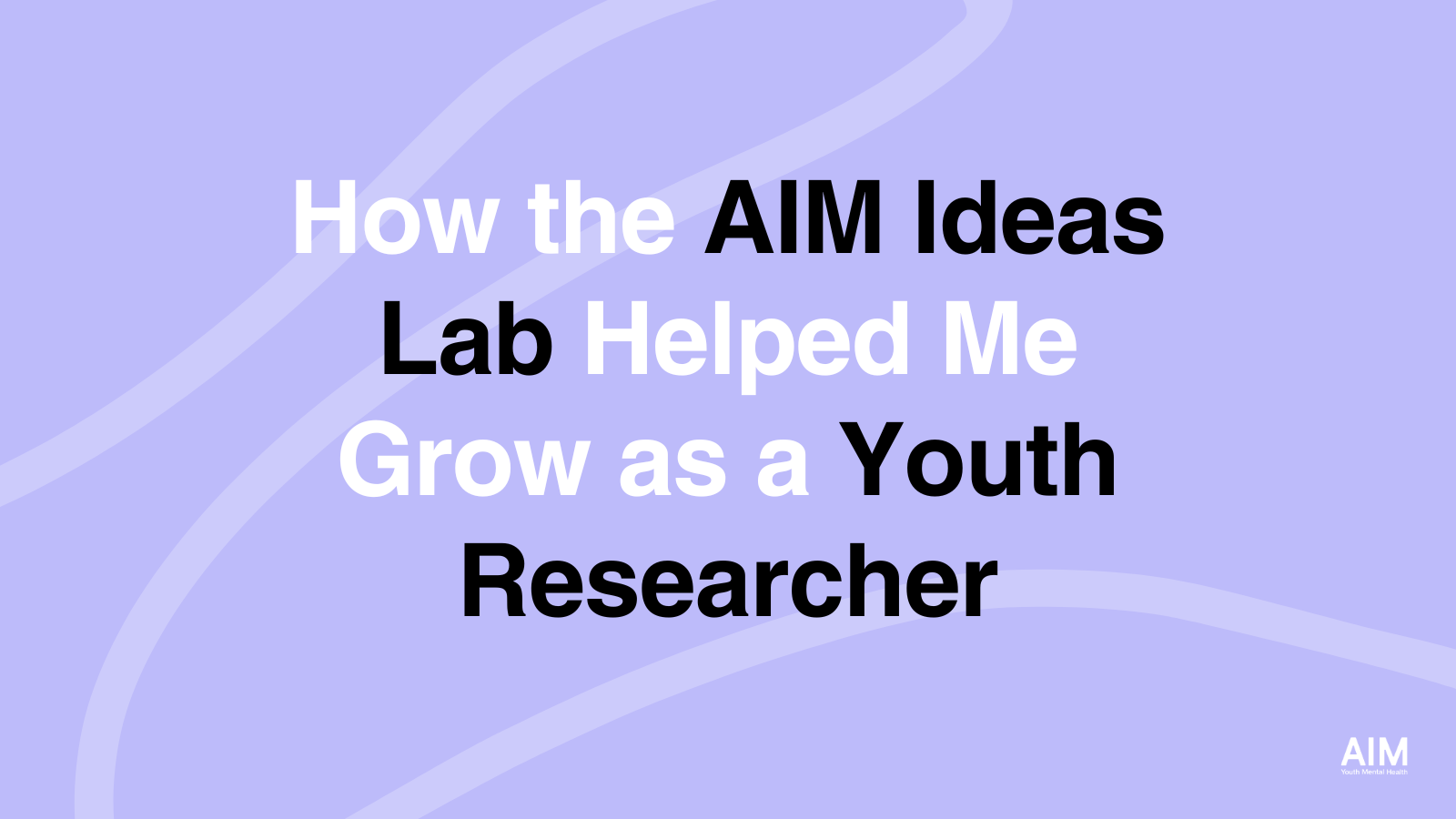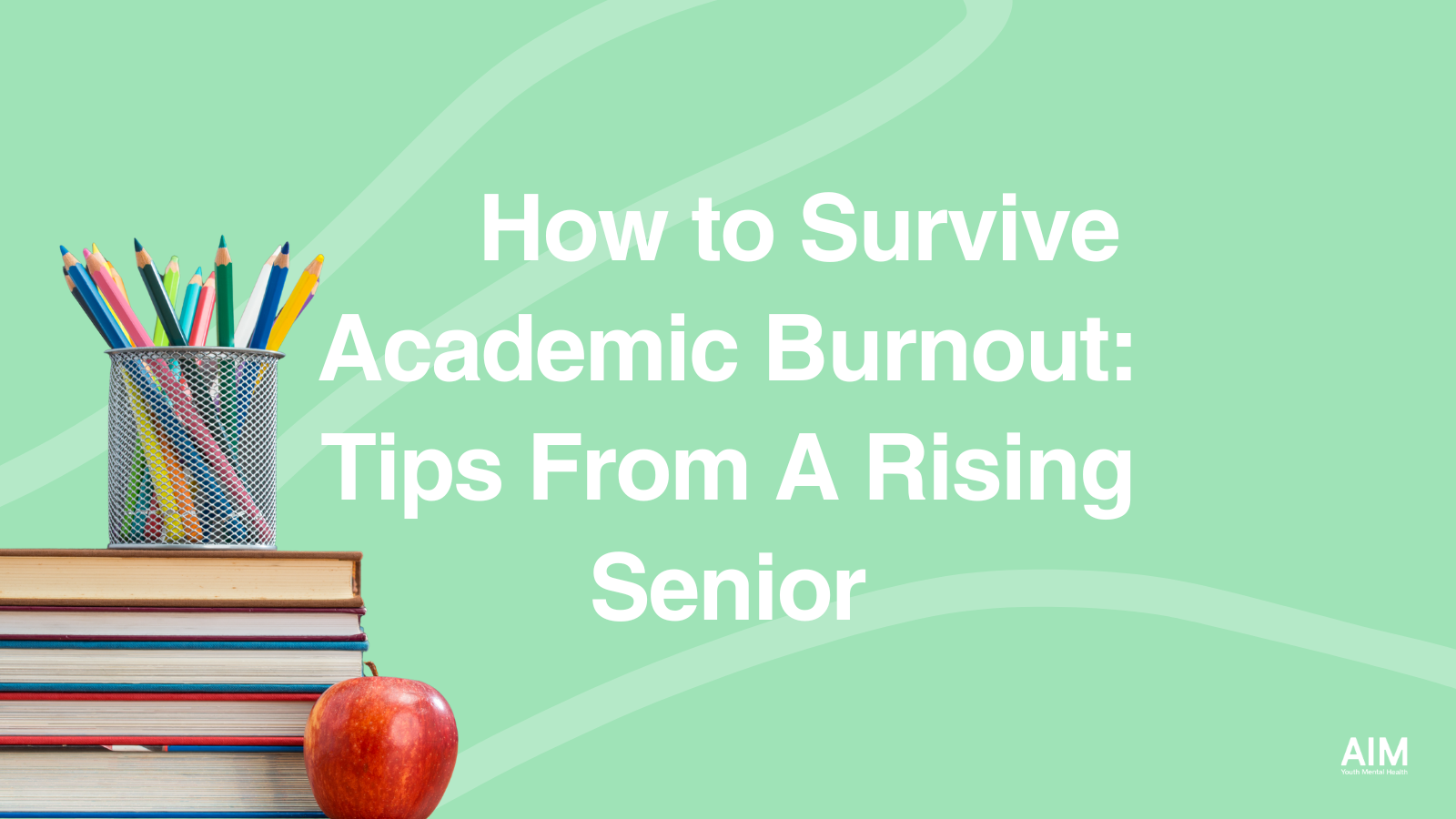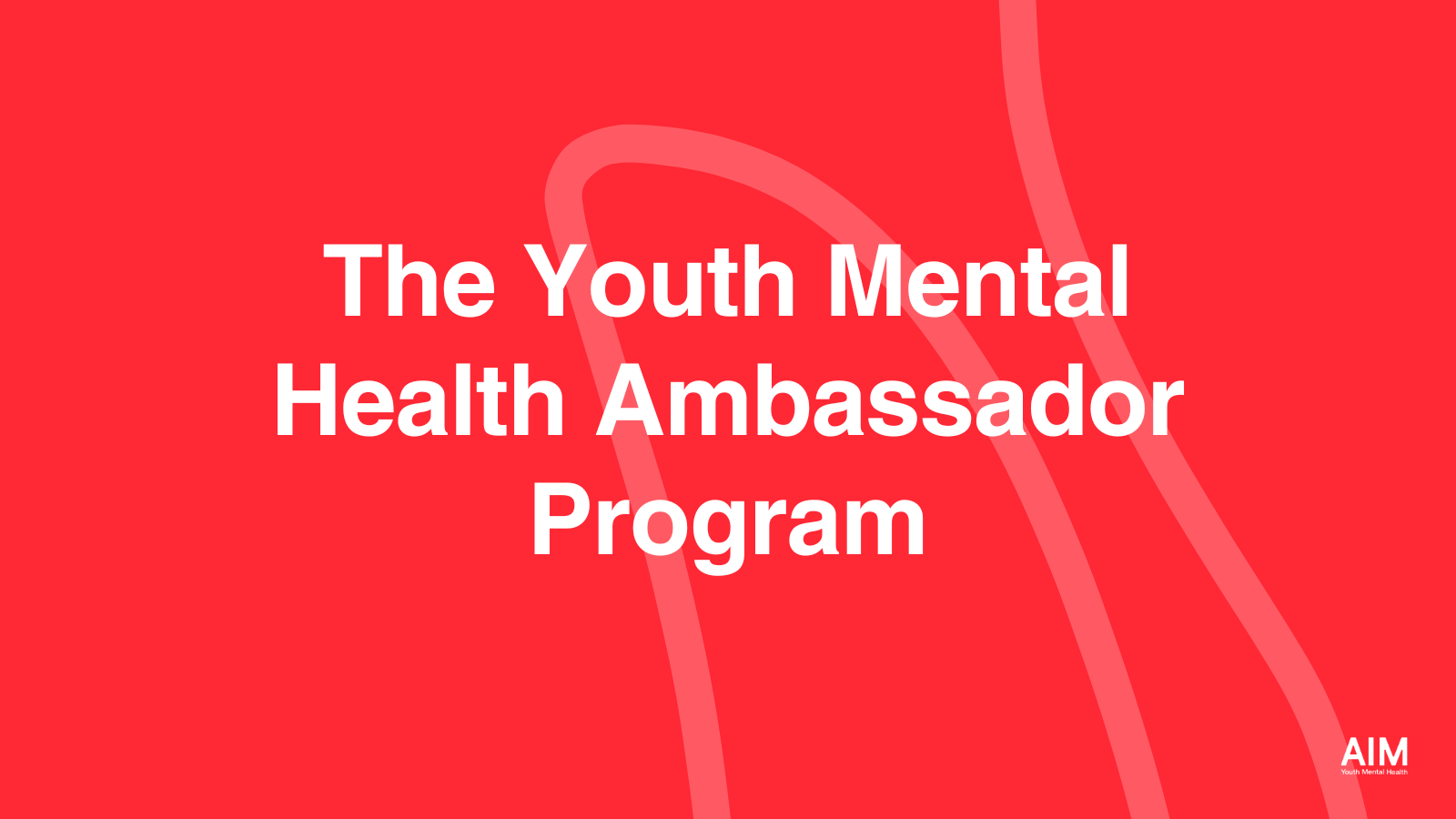With the new year come many resolutions. For some, it may be to head to the gym more often; for others, to eat healthier.
And for others, it might be to reduce that 19-hour screentime.
Here at AIM, we focus on youth mental health. Specifically, identifying what influences the mental well-being of adolescents and what measures can be taken to improve mental wellness. However, in the broad discussion of factors that concern youth mental health, a repeatedly mentioned constant emerges: social media.
It’s been well-established that social media–apps such as Instagram, TikTok, Snapchat, Twitter–have all been linked to the detriment of mental health. Considering that adolescents constitute such a large demographic out of those who spend the most time on these apps, it’s no surprise that studies have shown the spiraling of youth mental health over the past decade.
Considering the negativity that surrounds social media consumption, many have suggested banning relevant apps. However, because social media has become so ingrained in daily life, such approaches can be impractical and mildly draconian (we have to admit it, social media is fun.)
So, for the new year, AIM doesn’t want you to stop consuming social media. Instead, we would like you to focus on establishing a healthy means of using social media. And here’s some tips.
Tip #1: Understand that it’s ok to be bored.
We totally get the urge. The printer’s taking a while to print all the things you need, and there’s no one around you to talk to. So instead, almost like muscle memory, you pull out your phone and begin scrolling.
The problem with this is that it leaves your brain in the habit of needing to be stimulated. While this doesn’t sound like a problem, it deprives you of quiet moments–instead, every single waking second is a cacophony to your senses, so that you’re always seeing, hearing, and watching. In turn, your mind always feels chaotic, your attention span is greatly reduced, and above all, there’s never a chance in your life for silence.
Silence is important for your well-being. It forces you to find alternatives to entertain yourself with, and if nothing’s immediately available, you’re free to introspect. The bottom line is: give your mind a break.
Tip #2: Don’t make social media an escape.
Often, after a bad day, many feel the need to escape. Obviously, going on spontaneous vacations to make ourselves feel better isn’t compatible with our modern schedules, so what do we resort to? We scroll.
This often leads us to spend hours on our phones, and it’s no wonder that a screentime of an hour can exponentially burgeon into ten in a single day. Escapism can often lead to disheartenment when we realize we have to return to what upset us. So, it’s important to find a healthier way to manage bleak emotions.
When you feel at your worst, try putting away your phone instead. Do something that actively makes you feel better rather than numb – pursue a hobby, spend time with family and friends, or engage in anything that replaces negativity with joy.
Tip #3: Prioritize quality sleep.
Sleep is important for everyone. Yet for a teenager, its importance is amplified because of how essential it is for brain development. It’s easy to neglect sleep, especially in an era where there’s so much to do and so much to consume. Many also have difficulty falling asleep, so they take up the habit of scrolling on their phone before bed, inevitably postponing their bedtime until they’re sleep-deprived the next day.
Since habits are so difficult to get rid of, AIM suggests that you try placing your phone in another room instead. Leave all your devices well out of reach, so even if you instinctively reach for your bedside table, you’re safe. If you’re struggling to fall asleep, read a book or listen to some calming music – whatever it is, ensure it leaves your mind tranquil and not a doom scroll-induced armageddon.
It’s necessary to mention that, above these tips, is the importance of practicing self-love. Don’t be too hard on yourself if you realize social media has taken up a sizable portion of your day or if your day has been too hard, leading you to dive headfirst into the content on your phone. It’s important that you strike a balance in your social media intake in a way that leaves you content and happy.
